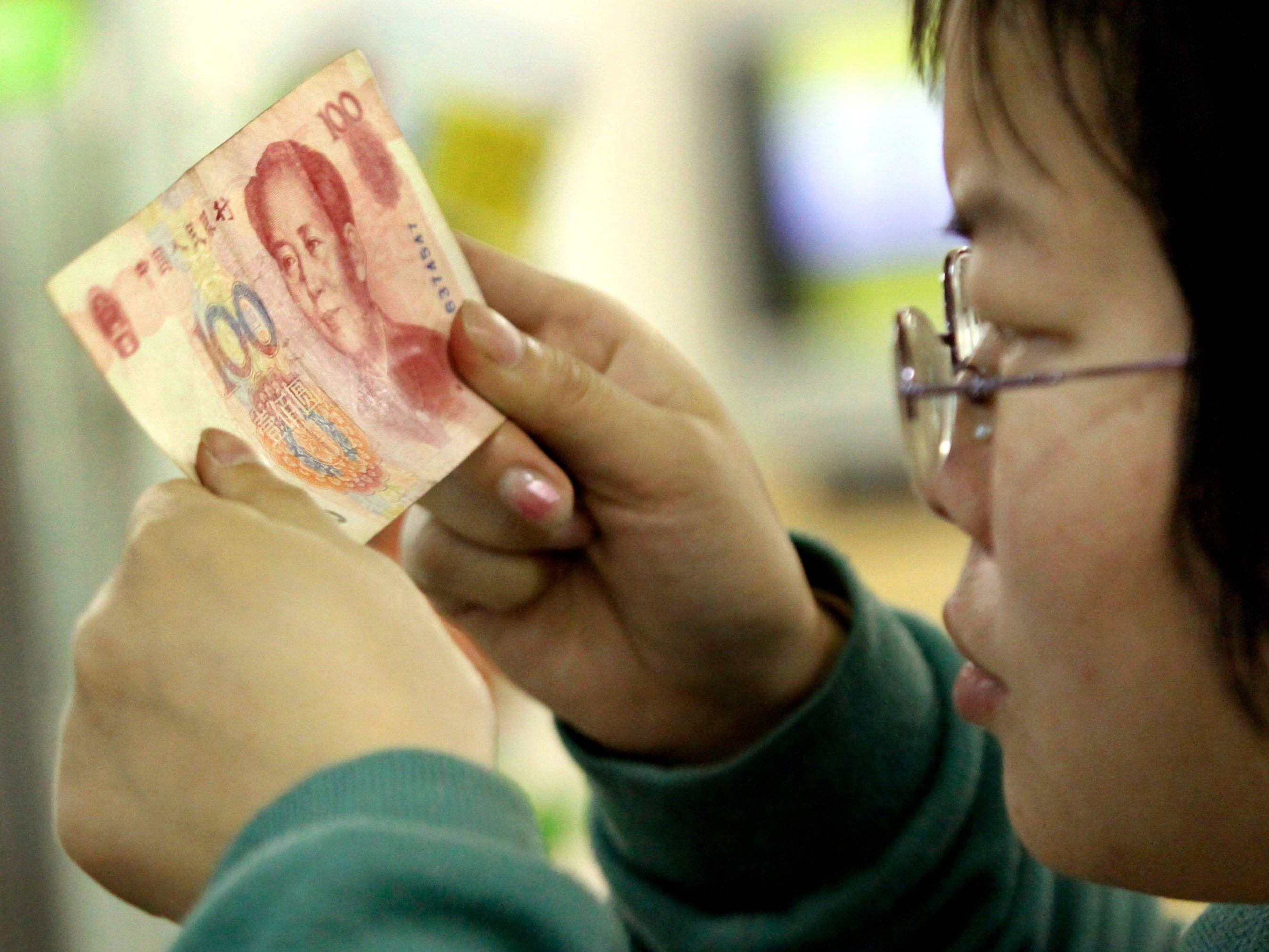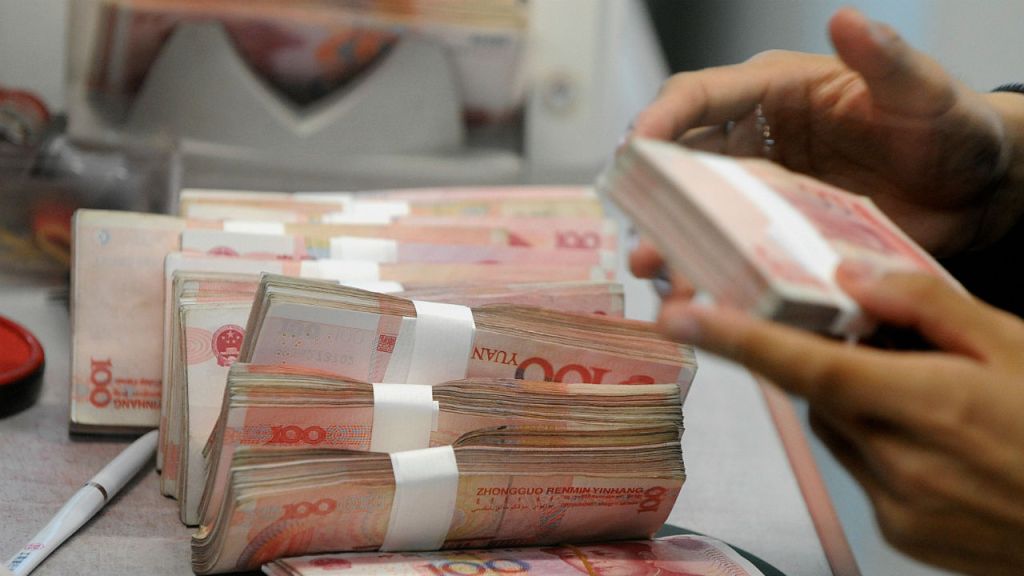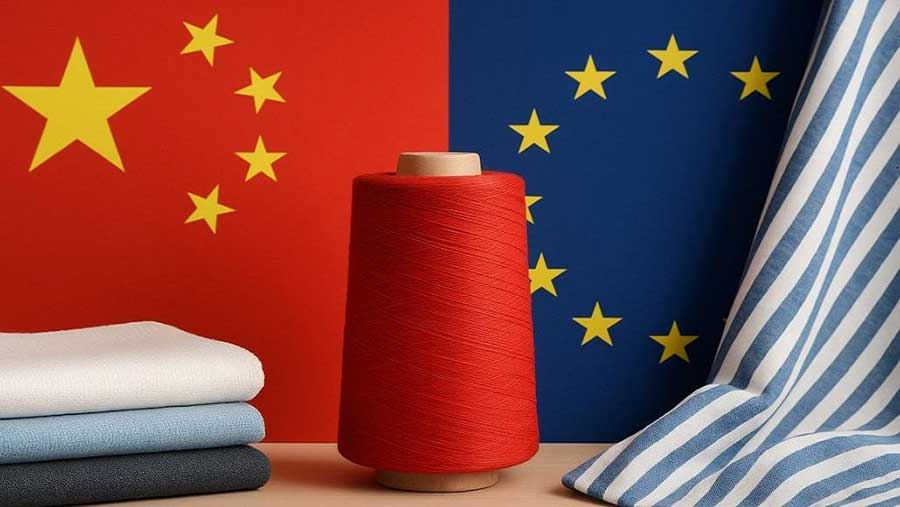

Due to this decision, local prices of textiles goods in China rolled over immediately, but in terms of the US$, they declined sharply making them cheaper in the international markets. For example, polyester staple fibre prices in the week ended August 14 were flat in Yuan terms from a week ago. They were down US cents 5 a kg or 5 per cent in the reference period. Similarly, polyester filament yarn prices were down US cents 5-8 a kg in a similar comparison. In concurrence, PSF and PFY prices were down US cents 3 in India unchanged in Pakistan.
A sudden shock
The devaluation has had a ripple affect on India as well as the country stands to lose on two counts: competition and pricing of high value-added products. India competes with China for exports in textile sector which could be hit. Also, if China's imports come down significantly since goods will be dearer for import, India would again take a beating. Or else, China may import low value-added items such as cotton or grey yarn or grey fabric from India and convert them into high value apparels. Thus, India’s exports will be hit since ‘Made in China’ will be cheaper than ‘Make in India’.
The sudden decision to devaluate China’s currency has sent shock waves through the textile markets. Therefore, the long-held and even complacent view, in terms of currency pairing has been upset that the RMB was set to rise with the US$.
For India, this devaluation is a big blow as rupee volatility will rise, exports will come under pressure. Also, the sharp devaluation in the RMB will help China dump its goods in India, feels Asscocham. This will impact domestic manufacturers.
How India will be affected?
Falling of the rupee would have helped domestic exports normally. These have contracted for seven months at straight till June 2015. Analysts though, are hoping that because of a global slowdown, there would not be a rise in domestic exports. Besides, India and China compete for several export items such as textiles, jewellery, gems, etc. This too will go against domestic exporters, feel analysts.
Experts point out that the large overlap between Indian and China in markets and also products, highlights the threat Indian exporters face from China. Moreover, according to analysts, China is among the top five countries for exports from India and the slowdown in China’s economy will have a negative affect.
China has been facing serious economic challenges such as speculation on the stock markets, slowing growth, rising labour cost, etc. The time when textile producers diverted cash flow into the market, instead of paying their raw material suppliers, was when the stock exchange burst happened. Stock values have eroded, which forced more into export market, this was the only option left, which could be brought over by devaluing the currency that China did.












